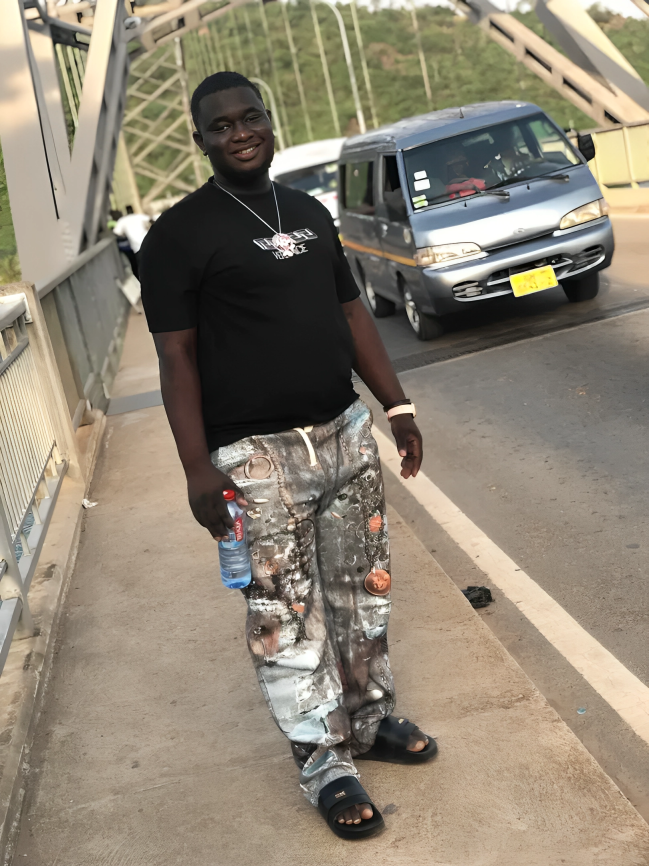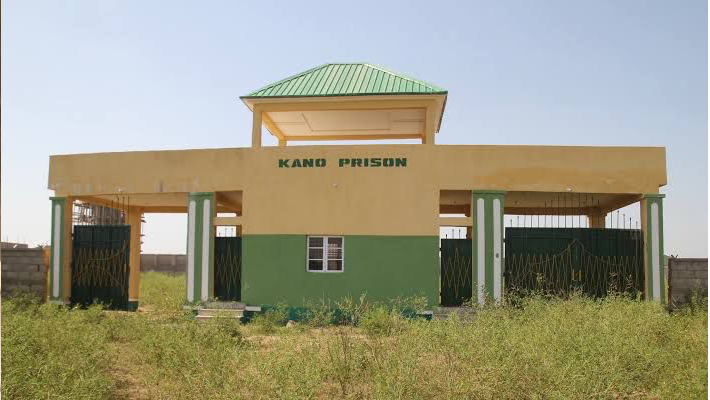Rwandan Envoy Alerts on Genocidal Threats in DRC, Calls for Global Action

Rwandan Ambassador to Nigeria, Christophe Bazivamo, has issued a stark warning to the international community regarding the resurgence of genocidal threats in the eastern Democratic Republic of Congo (DRC). Speaking at the 31st commemoration of the 1994 Genocide against the Tutsi in Rwanda (Kwibuka 31), held at Babcock University, Ilishan-Remo, Ogun State, Bazivamo called for urgent global attention to the hate-fueled violence that ominously mirrors the conditions preceding the 1994 Rwandan Genocide.
Bazivamo revealed that armed groups with ties to the perpetrators of the 1994 genocide have resurfaced under new names, notably the Forces Démocratiques pour la Libération du Rwanda (FDLR). These groups, he asserted, are actively spreading hate, with Congolese Tutsi communities as their primary target. "Today, we are witnessing dehumanising propaganda and calls for extermination, similar to the language used before 1994 in Rwanda," the ambassador stated, underscoring the gravity of the situation. He highlighted the mass displacement of thousands and the disconcerting lack of robust international response.
The ambassador emphasized that the Rwandan Genocide was not a sudden eruption but the culmination of decades of ethnically driven discrimination and impunity. He traced the origins of this discrimination back to Belgian colonial rule, which was subsequently deepened by successive regimes. Bazivamo described the international community's failure to intervene in 1994 as a profound betrayal, cautioning that continued silence today could lead to equally catastrophic outcomes.
Reflecting on Rwanda’s journey of post-genocide recovery, Bazivamo spoke of the nation's commitment to unity, reconciliation, and rebuilding. He cited initiatives such as the Gacaca courts and the national identity campaign ‘Ndi Umunyarwanda’ as pivotal in fostering healing and national cohesion.
Addressing the students at Babcock University, Bazivamo stressed the significance of holding the commemoration at an academic institution. "You, the youth, are the conscience of the present and the architects of the future. Kwibuka is not a moment, it is a mindset. As students, you need to become ambassadors of tolerance and justice. Study history, not just to remember the past, but to protect the future," he urged, emphasizing the critical role of education and awareness in preventing future atrocities.








